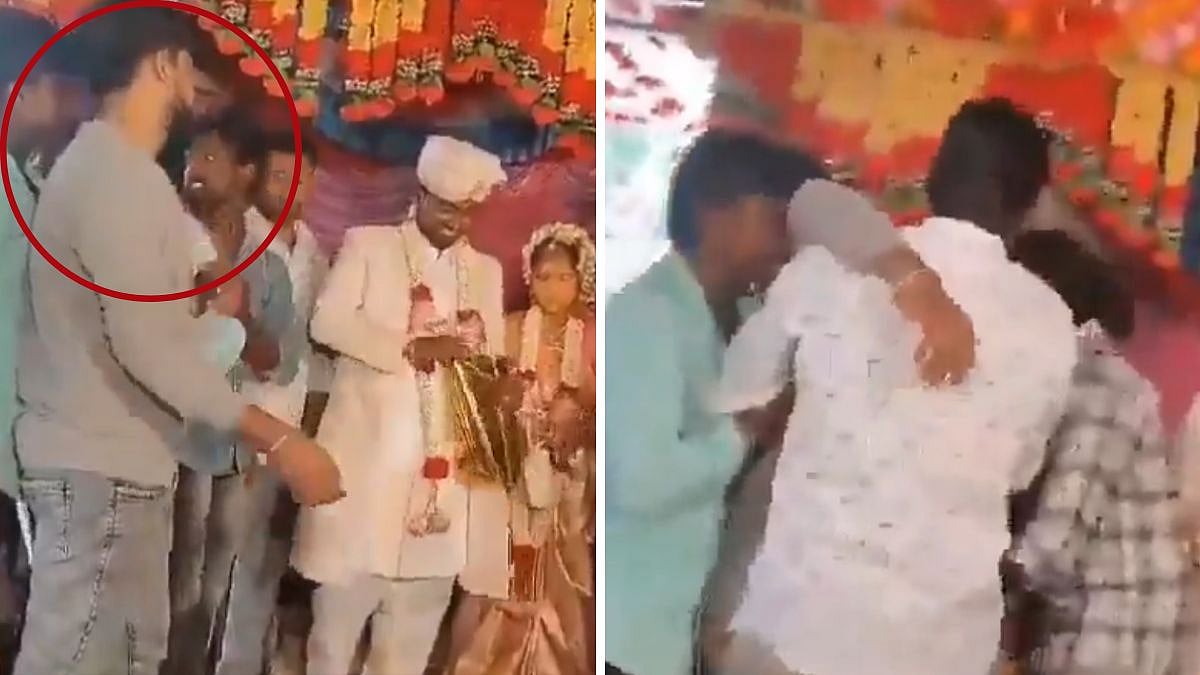Mumbai: Merely because the accused has to represent his constituency, it could not be an exceptional circumstance for grant of stay to the conviction, the Nagpur bench of the Bombay High Court observed on Thursday. The high court has rejected the plea of Congress MLA Sunil Kedar, who was convicted in December last year in an alleged scam of over Rs 153 Crores while he was the chairman of the Nagpur District Central Cooperative Bank Limited (NDCC Bank) .
The court noted that disqualifying a person from holding public office post conviction was in the interest of democratic process. On December 22, 2023, Kedar, a five-term MLA from Saoner in Nagpur, was sentenced to five years in jail on by a magistrate court in Nagpur for alleged criminal breach of trust in a case linked to the Nagpur district cooperative bank when he was the chairman between 1999 and 2002.
A day after his conviction, he was disqualified. As per the law, a legislator loses membership of the House with immediate effect if convicted in a crime and sentenced to over two years’ imprisonment. However, the disqualification can be reversed on grounds including a stay on the conviction.
Hence, he approached the HC seeking stay on his conviction. In his application, he said if the conviction is not stayed then he would continue to be disqualified. He had claimed that this would not only affect his rights to continue in public life but also affect the rights of the people, who voted for him to represent their constituency.
The high court, however, said the purpose of the provision of disqualifying a person with a criminal record is to ensure that they are not elected to a public office. “Disqualifying a person who has been convicted of a serious offence from holding public office is in the interest of maintaining the integrity and credibility of the democratic process,” Justice Urmila Joshi-Phalke said.
The court noted that considering the objective and purpose of the provisions of the Representation of People’s Act, merely because the accused has to represent his constituency, it could not be an exceptional circumstance for grant of stay to the conviction. “The objective of legislatures in keeping away convicts from contesting elections is to be looked into while deciding such applications,” it added.
The judge underscored that an order of granting stay of conviction should not be a rule but an exception. “The powers to suspend the conviction are to be exercised with due care and caution and that too in exceptional circumstances,” the judge said.
The HC said Kedar was custodian and entrusted with the property, which is public fund and the same was misappropriated. “Thus, involvement of the accused is in an economic offence. The accused is involved in the offences which are economic offences in the nature wherein public money is involved,” it underlined. “The court has a duty to look at all aspects including ramification of keeping such conviction in abeyance,” it said while rejecting the plea.











